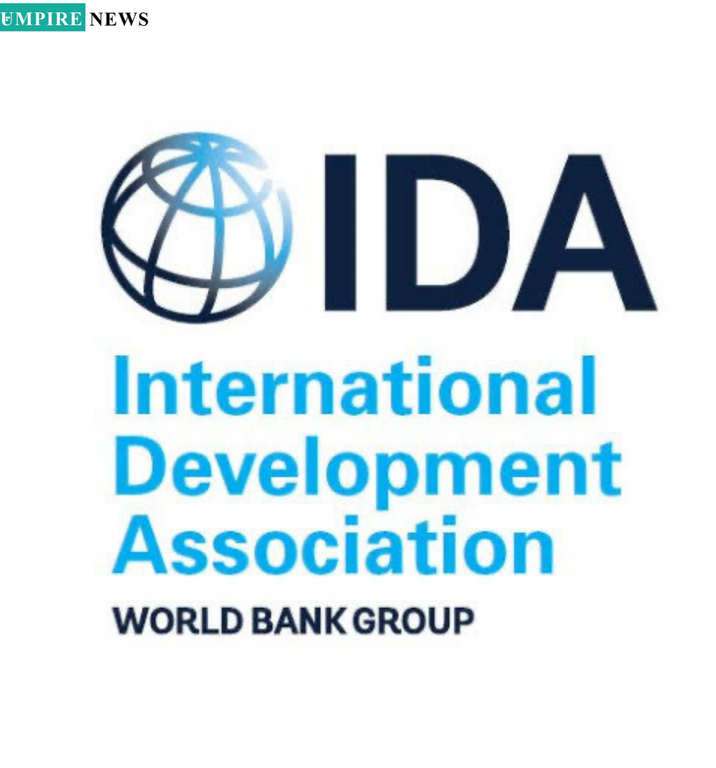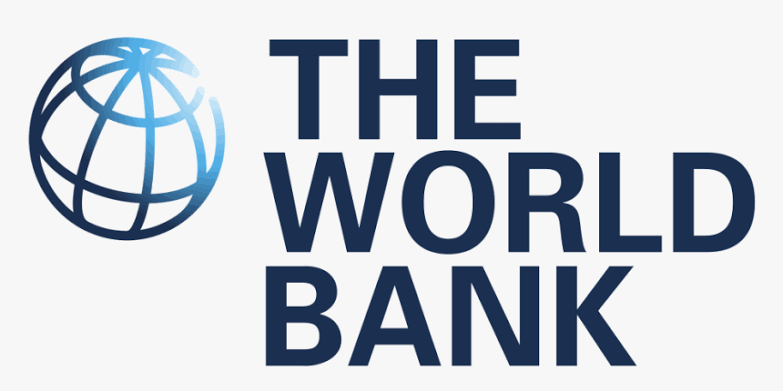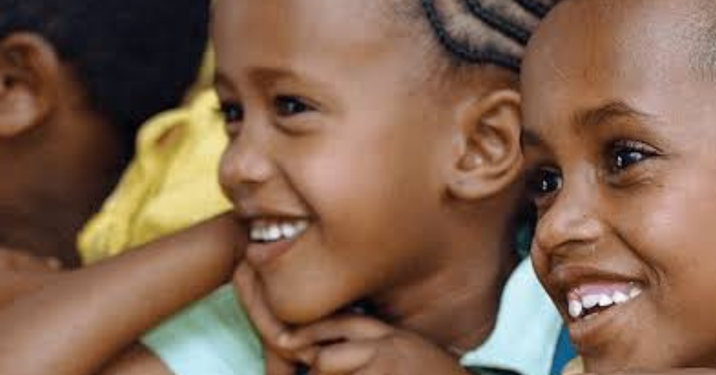On Monday, the World Bank approved a substantial financial support package of $1.57 billion aimed at enhancing human capital in Nigeria, with a primary focus on improving health outcomes for women, children, and adolescents.
This funding is designed to address critical issues related to public health and education, while also mitigating the effects of climate change, including extreme weather events like floods and droughts.
Part of the financial assistance will be allocated to improving dam safety and irrigation systems across Nigeria, both of which are key factors in combating climate change’s adverse effects.
According to a statement seen by Journalists, this newly approved financing package includes three significant components: $500 million for the Governance and Service Delivery Reform Program (HOPE-GOV), $570 million for the Primary Healthcare Provision Strengthening Program (HOPE-PHC), and $500 million for the Sustainable Power and Irrigation for Nigeria Project (SPIN).

These initiatives aim to tackle issues that have long been constraining Nigeria’s progress, particularly in the areas of education, healthcare, and climate resilience.
The World Bank highlighted that the HOPE-GOV and HOPE-PHC programs together will play a pivotal role in supporting the Nigerian government’s efforts to improve service delivery in two critical sectors—basic education and primary healthcare.
These sectors are integral to improving human capital outcomes in Nigeria, the World Bank emphasized. “The SPIN project will support improvement of dams’ safety and management of water resources for hydropower and irrigation in selected areas of Nigeria,” the statement read.
The HOPE-GOV Program, in particular, is designed to help Nigeria address persistent governance weaknesses in two crucial areas of human development—basic education and primary healthcare.
This program will focus on overcoming critical challenges related to both financial and human resource management, which have historically hindered the efficiency and effectiveness of service delivery in these sectors.
The World Bank further explained that the HOPE-GOV initiative aims to increase the availability of funds and ensure that they are utilized more effectively in delivering essential services.
It also seeks to promote transparency and accountability in financial management while improving the recruitment, deployment, and performance of teachers in the education sector, as well as primary healthcare workers at the federal, state, and local levels.
In support of the Nigerian government’s recent reforms under the Health Sector Renewal Investment Initiative, the HOPE-PHC project will focus on improving the quality and utilization of key health services, particularly those related to reproductive, maternal, newborn, child, and adolescent health.

This will have a direct impact on reducing maternal mortality rates and mortality rates for children under five, while also enhancing the resilience of the health system overall. The World Bank stated that the HOPE-PHC project is expected to benefit around 40 million people, especially vulnerable populations, by improving access to quality healthcare services.
“In support of the government’s newly launched reforms in the health sector, under the Health Sector Renewal Investment Initiative, the HOPE-PHC project will improve the quality and utilization of core reproductive, maternal, newborn, child, and adolescent health and nutrition services to substantially reduce maternal and under-five mortality and to improve the resilience of the health system— benefiting 40 million people, especially vulnerable populations,” the World Bank added.
The financing for this project includes a concessional loan of $500 million from the International Development Association (IDA), along with an additional $70 million in grant financing from the Global Financing Facility for Women, Children, and Adolescents (GFF).
This additional funding will be provided through contributions from various international donors, including $11 million from the UK Foreign, Commonwealth & Development Office (FCDO) and $12.5 million from the Children’s Investment Foundation Fund (CIFF), in partnership with the GFF.
This financing aims to close the existing gaps in funding for primary and community healthcare services, particularly for maternal and newborn care at the hospital level, while also supporting government efforts to ensure sustainable financing for family planning commodities.
The SPIN Program, on the other hand, will address the challenges posed by climate change, particularly by improving the safety and management of dams.
The project will also focus on providing new and enhanced irrigation and drainage services across an area of 40,000 hectares, directly benefiting up to 950,000 people, including households, farmers, and livestock breeders.
These individuals will gain access to more reliable, climate-resilient irrigation systems, which will, in turn, increase agricultural productivity.
The World Bank noted that this project will not only help mitigate the effects of floods and droughts but also improve water supply and agricultural productivity through more efficient irrigation water management.
The SPIN project also includes a strategic plan for developing hydropower infrastructure, which will support the generation of cleaner, more sustainable energy, as well as public-private partnerships for hydropower projects.
“Effective investment in the health and education of Nigerians today is central to increasing their future employment opportunities, productivity, and earnings, while reducing poverty of the most vulnerable.
This new financing for human capital and primary healthcare will help to address the complex difficulties faced by Nigerians, especially women and girls around access and quality of services, but also the governance arrangements that also explain these difficulties,” said Ndiamé Diop, World Bank Country Director for Nigeria.
“The SPIN program is timely and will protect Nigerians from floods and droughts in the areas where it will be implemented, while enabling an increase in hydropower generation.
The direct positive impact of this project on people and livelihoods is enormous. The World Bank is pleased to work with the government and other stakeholders to deliver this program,” Diop concluded.




































i wish to you